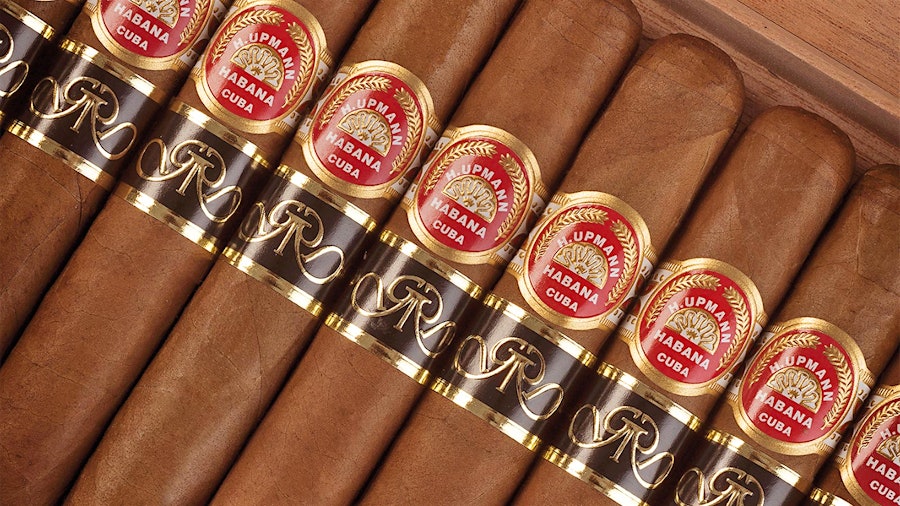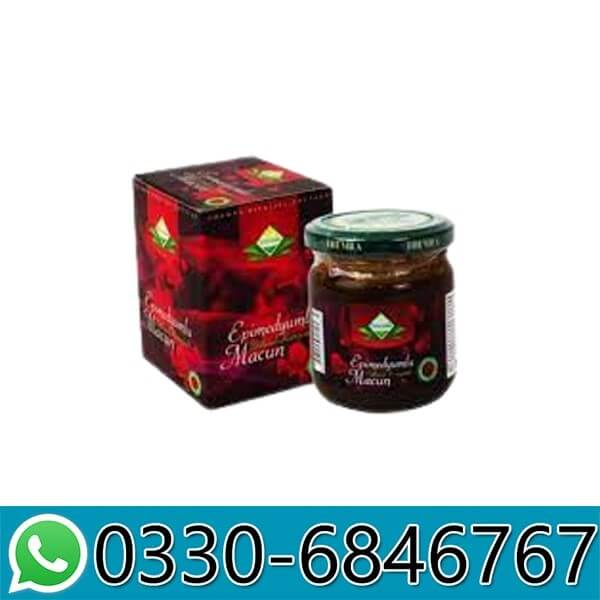Cuban cigars have a reputation for being the best in the world, often considered the pinnacle of cigar craftsmanship and quality. This article explores the reasons behind this high regard, covering the history, climate, soil, cultivation practices, craftsmanship, and cultural significance that make Cuban cigars unique.
Historical Significance
Cuban cigars have a rich history dating back to the discovery of the New World by Christopher Columbus in 1492. The indigenous people of Cuba were already smoking tobacco in a form resembling modern cigars. This early start gave Cuba a significant head start in tobacco cultivation and cigar production. By the 18th and 19th centuries, Cuba had established itself as the leading producer of cigars, exporting them worldwide.
Ideal Climate and Soil
Cuba’s climate and soil are perfect for growing tobacco. The country’s Vuelta Abajo region in Pinar del Río province is particularly famous for its fertile soil and ideal weather conditions. The combination of sunlight, humidity, and temperature in this region creates an environment where tobacco plants thrive.
- Climate: Cuba’s tropical climate, with its warm temperatures and high humidity, is ideal for tobacco cultivation. The consistent weather patterns ensure a stable growing environment year-round.
- Soil: The rich, loamy soil in the Vuelta Abajo region provides essential nutrients that contribute to the unique flavor profile of Cuban tobacco. This region’s soil composition is unmatched, providing the perfect balance of minerals and organic matter.
Superior Cultivation Practices
The cultivation of Cuban tobacco is an art form passed down through generations. Farmers in Cuba use traditional methods to grow and harvest tobacco, ensuring the highest quality leaves.
- Seed Selection: Cuban farmers meticulously select the best seeds for planting. This process ensures that only the healthiest and most robust plants are cultivated.
- Growing Techniques: Cuban tobacco farmers employ specific techniques to nurture their crops, such as shading the plants to protect them from excessive sunlight and hand-harvesting to avoid damaging the leaves.
Expert Craftsmanship
The art of cigar rolling in Cuba is a highly respected profession. Cuban cigar rollers, known as “torcedores,” undergo extensive training to master their craft. The skill and precision required to roll a Cuban cigar are unparalleled.
- Training: Torcedores undergo years of training and apprenticeship before they can roll cigars independently. This rigorous training ensures that each cigar is made to the highest standards.
- Attention to Detail: Every step of the cigar-making process, from selecting the leaves to the final roll, is done by hand. This attention to detail results in a product that is consistently high in quality.
Unique Flavor Profile
Cuban cigars are renowned for their complex and rich flavor profiles. The unique combination of climate, soil, and cultivation practices imparts distinctive flavors and aromas to Cuban tobacco.
- Blend of Leaves: Cuban cigars often use a blend of different tobacco leaves from various parts of the plant. This blending process creates a balanced and nuanced flavor.
- Aging Process: The aging process of Cuban cigars also contributes to their flavor. Tobacco leaves are aged for several years before being used, allowing the flavors to develop and mature.
Cultural Significance
Cuban cigars are deeply embedded in the country’s culture and history. They symbolize luxury, craftsmanship, and tradition.
- National Pride: The production of cigars is a source of national pride for Cubans. The country’s long history of cigar-making is celebrated and preserved through cultural traditions.
- Global Recognition: Cuban cigars are recognized worldwide as a luxury product. They are often associated with high status and are enjoyed by cigar aficionados globally.
Challenges and Controversies
While Cuban cigars are highly regarded, they face challenges and controversies, particularly related to politics and counterfeiting.
- Embargo: The U.S. embargo on Cuban goods has significantly impacted the availability of Cuban cigars in one of the largest markets for luxury products. This embargo has also contributed to the mystique and allure of Cuban cigars, making them more desirable.
- Counterfeiting: The high demand for Cuban cigars has led to a significant counterfeiting problem. Many cigars sold as Cuban are, in fact, not authentic. This issue underscores the importance of purchasing cigars from reputable sources.
Conclusion
Cuban cigars are considered the best in the world due to a combination of historical significance, ideal growing conditions, superior cultivation practices, expert craftsmanship, unique flavor profiles, and deep cultural significance. Despite the challenges and controversies, Cuban cigars continue to be a symbol of luxury and excellence in the world of cigars. For those seeking an unparalleled cigar experience, authentic Cuban cigars remain the gold standard.



One thought on “Why Cuban Cigars are Considered the Best in the World”